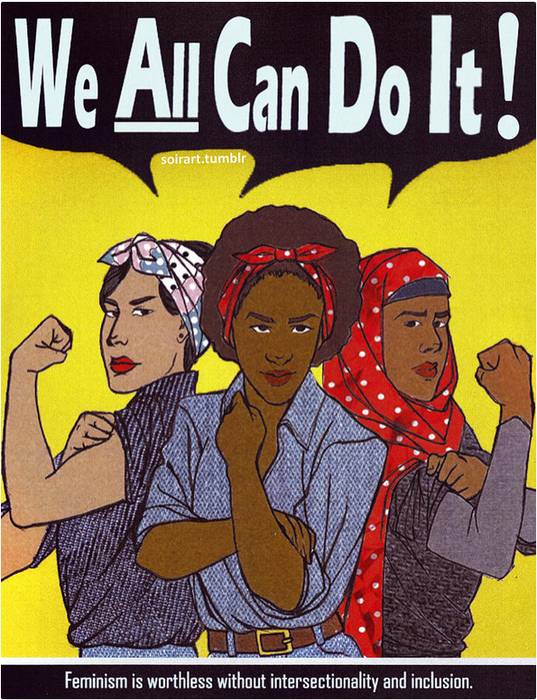
We learned about the importance of interpersonal relationships and how different cultures interact. We learned how Brazilians like to get to know each other before establishing any kind of professional relationship. Most initial interactions are very informal. The African culture resembles the same values in terms of establishing interpersonal relationships.
Africans believe that trust and confidence are necessary in being successful. Trust and confidence is shown through both verbal and non-verbal language. Nonverbal language is an important factor because a smile, simple nod, handshake, laugh, etc. can show acceptance of the other person. “One of the most important factors to remember when doing business in Africa is the concept of friendship before business. Normally, before a meeting begins, there is general talk about events that have little or nothing to do with the business at hand. This can go on for some time. If the meeting involves people coming together who have never met, but who are trying to strike a deal (an African and a foreigner), the African will try to reach out for friendship first. If in doing so, the African receives a cold response, he may become suspicious and lose interest in the deal,” (Moran, Abramson, & Moran, 2014, p. 512). Cultures who are quite the opposite and like to “get the job done” may interpret this differently. The idea behind that mindset may be that African’s are trying to hide something or cover up relevant information by talking as a distraction. One who is open-minded and understands the importance of interpersonal communication will realize that this is a way to “break the ice” and build trust in the counterpart prior to establishing a professional relationship.
How is this relevant to globalization? If as a society we want to be successful, we have to learn about other cultures in terms of their culture, habits, history, people, etc. How do we do this without getting to know our colleagues on a personal level? I work with colleagues who are Chinese, African, Hispanic, French, and of many other cultural backgrounds. I know about their families, how they were raised, their favorite foods and music, etc. It is the little details that we know about each other that make us successful because it shows our colleagues that interpersonal relationships are valuable. Interpersonal communication has advantages both social and professional. If we take the time to understand what these advantages are we will be become more knowledgeable of cultures other than our own and apply them in our everyday life.








